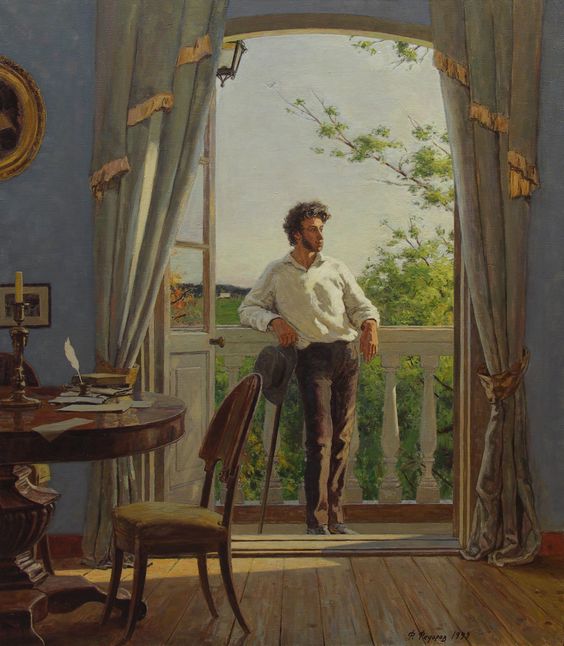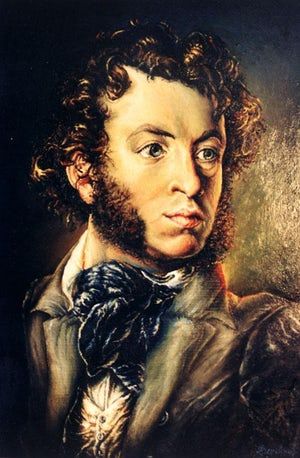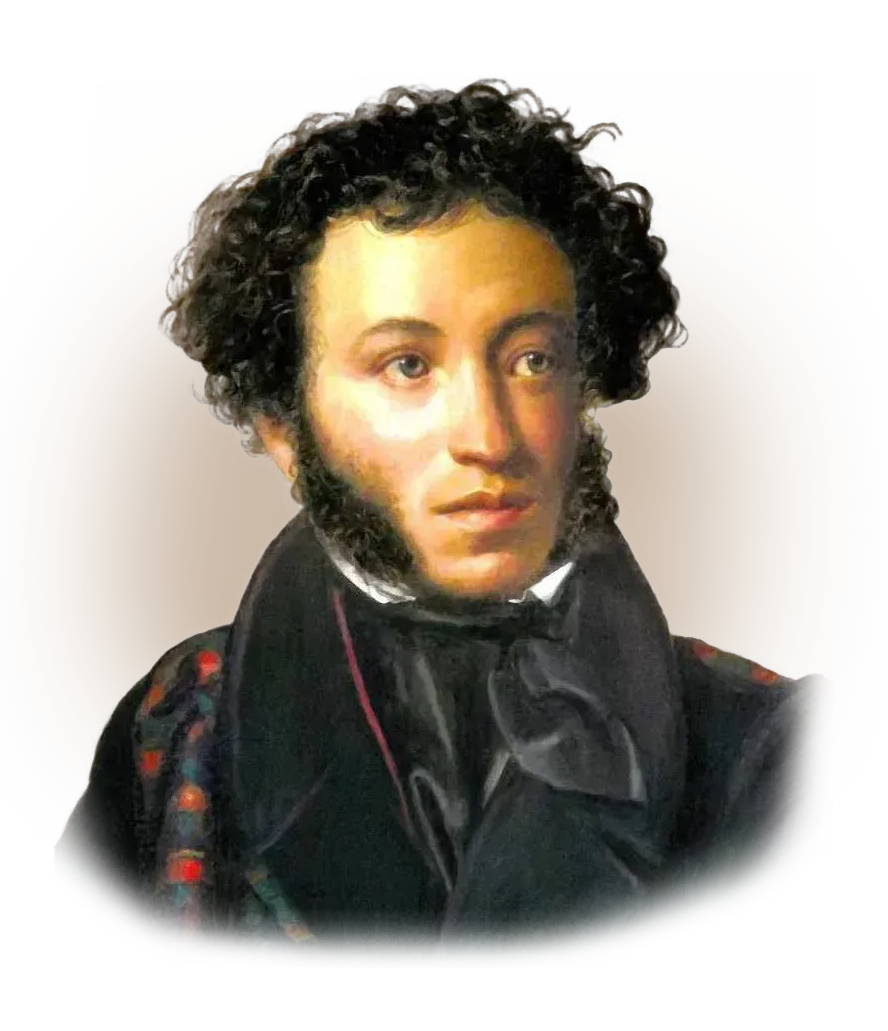
17.10.2023
Alexander Pushkin, often hailed as the father of Russian literature, possessed a unique and captivating style that continues to enchant readers worldwide. His literary genius, characterized by poetic mastery and profound storytelling, has left an indelible mark on the landscape of Russian poetry. Let’s delve into the distinctive features of Pushkin’s style and his significant contributions to Russian poetic tradition.
1. Elegant Simplicity:
Pushkin was a master of simplicity. His verses, though deeply profound, were crafted with an effortless elegance. He could convey complex emotions and ideas using clear, concise language, making his poetry accessible to a wide audience. This simplicity allowed readers to connect emotionally with his work, transcending barriers of education and social status.

2. Versatility and Experimentation:
Pushkin’s poetic repertoire was incredibly diverse. He experimented with various forms and genres, from lyrical verses and sonnets to narrative poetry and dramatic monologues. His ability to seamlessly switch between different styles showcased his versatility as a poet. Pushkin’s exploration of different forms laid the groundwork for future Russian poets, encouraging them to experiment and innovate within the bounds of traditional structures.
3. Incorporation of Folklore and Mythology:
Pushkin skillfully incorporated elements of Russian folklore and mythology into his poetry. By drawing inspiration from the rich tapestry of Russian folk traditions, he infused his works with a sense of national identity. His use of folklore motifs not only added depth to his narratives but also contributed to the preservation and popularization of Russian cultural heritage.
4. Romanticism and Emotional Depth:
Pushkin’s poetry was deeply romantic, characterized by a keen sensitivity to human emotions. He explored themes of love, passion, longing, and melancholy with a profound understanding of the human psyche. Pushkin’s ability to capture the complexities of human relationships and emotions resonated deeply with readers, eliciting empathy and introspection.
5. Social Commentary and Satire:
While often celebrated for his romantic verses, Pushkin was also a keen observer of society and politics. He used satire and social commentary to critique the vices and shortcomings of his contemporaries. Pushkin’s satirical works, marked by wit and sharp observation, challenged societal norms and exposed the hypocrisies of the aristocracy, paving the way for a tradition of socially engaged poetry in Russia.
6. Legacy and Influence:
Pushkin’s influence on Russian poetry and literature is immeasurable. His innovative use of language, exploration of human emotions, and ability to blend the classical with the vernacular set new standards for poetic expression. Generations of poets, including renowned figures like Anna Akhmatova and Marina Tsvetaeva, were inspired by Pushkin’s works. His legacy endures in the hearts of readers and the verses of countless poets who followed in his footsteps.
In conclusion, Alexander Pushkin’s style, characterized by its elegance, emotional depth, and versatility, continues to shape the landscape of Russian poetry. His ability to seamlessly blend tradition with innovation and infuse his works with profound human experiences makes him a timeless literary icon. Pushkin’s contributions to Russian poetry not only elevated the art form but also ignited the imaginations of poets for centuries, ensuring his place as a beacon of inspiration in the annals of world literature.




